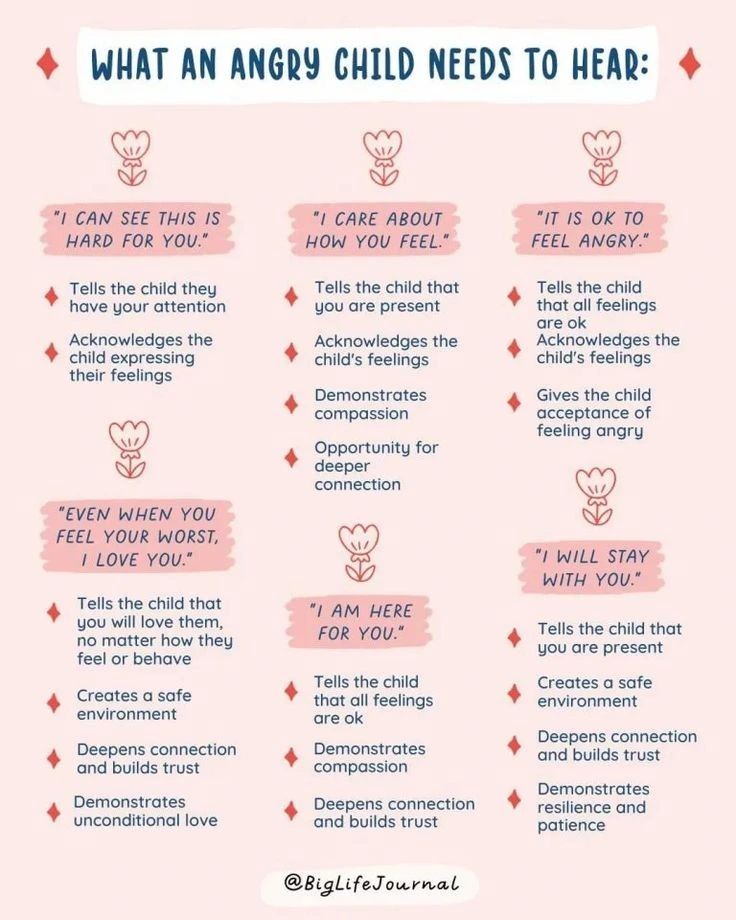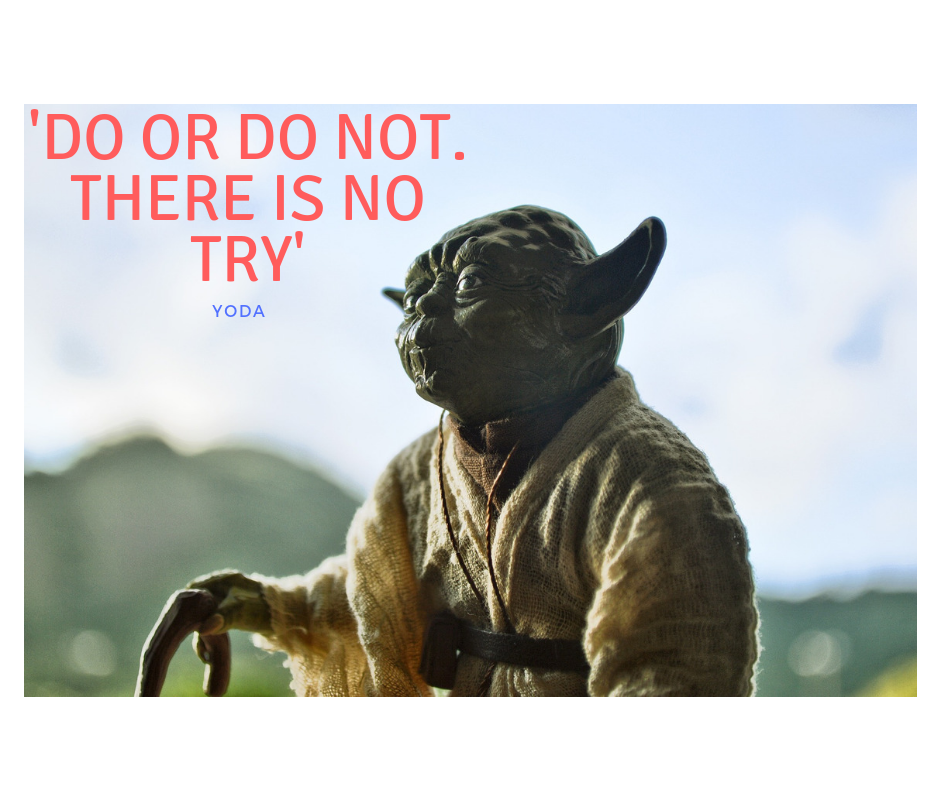As we all know, it can be a challenge to focus on our work when we have other emotional problems that we are simultaneously attempting to resolve in our minds. There are only a small number of things we can do at the same time and concentrating on one subject whilst attempting to deal with our emotions in reference to another subject is not something many of us have fathomed, so for a child it would be even more of an undertaking.
It’s important that children are supported in learning how to manage difficulties in friendships in a way that gives them responsibility over creating their own desirable outcome. A school I visited recently to deliver some coaching and one to one sessions around mental well-being, told me that the children are perfectly confident, but many struggle with resilience.
Asking a few more questions I discovered that a child would perhaps fall out with their friend and bad words would be said from one to the other about each other, and they would become stuck at this point.
They would then report the problem to a parent or teacher. The teacher would end up getting bogged down in the nitty gritty details of who said what first. If it was reported to a parent, the parent might end up going to the school to make a charge that their child was being bullied. It seemed that neither route had the solution when it came to giving the child the right resources to sort out their own disputes.
In my previous business life I would say to staff that were looking for me to intervene in a difficult situation “Are you bringing me a problem or are you bringing me a solution? Come back and tell me when you have found possible solutions to the problem and tell me about them instead. We can discuss between us which is the best solution”.
This attitude from the adults, when applied to children, encourages the children to get creative and formulate their own solutions to resolve their friendship problems. This is not only more empowering for the children, but it also provides them with the opportunity to build their own resources to deal effectively with similar problems on their own in the future.
In addition, it frees the teachers from getting their time tangled up in petty disputes and reduces the number of parents who come to the school to complain about the bad words someone else’s child had said about their child. The children would report less because they would figure out more on their own.
This alleviates a culture of “I have a problem and someone else needs to fix it.” It puts ownership squarely at the feet of the child.
A anNLP4Kids practitioner I focus on educating children around how they can think and react in situations like this with the activities IU provide and the questions I ask. Very often, children do have the answers they need already, but as we all do they get tangled up in the moment and forget to think in the most helpful way. By having children create plans about how they would behave and react in difficult situations they can be better prepared to deal with them independently in the future.
When discussing these issues with children in workshops or 121 sessions, I can also offer them strategies that help them to be less likely to be bullied, increase their self esteem and confidence.
If your child would benefit from 121 sessions learning new stratedies to cope please get in touch.
The original version of this article was written by Gemma Bailey, director ofwww.NLP4Kids.org. It was republished and rebuilt with additional content by NLP4KIDS PRACTITIONER IAN DAVIEShttps://www.aylesburytherapyforkids.co.uk/




